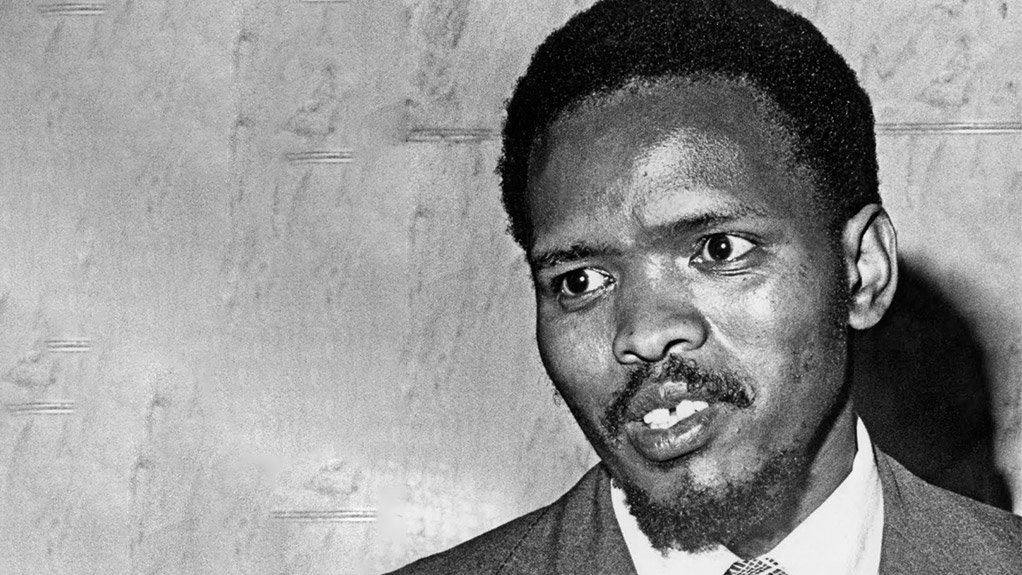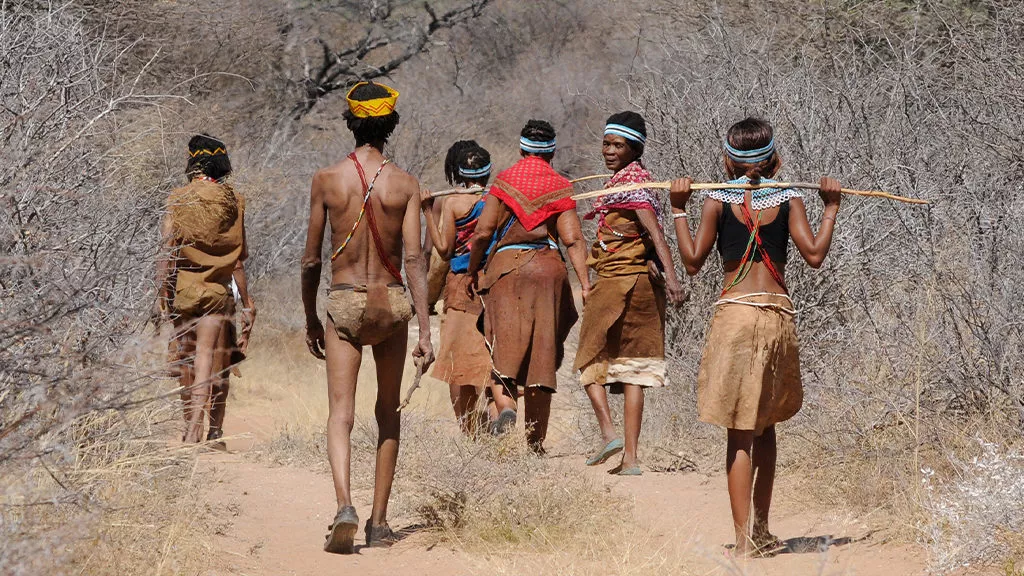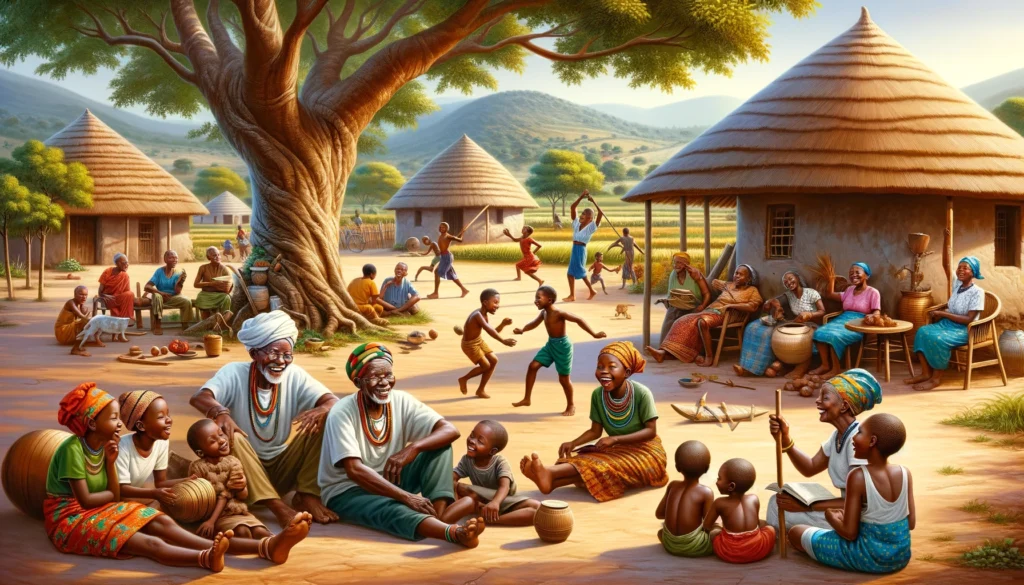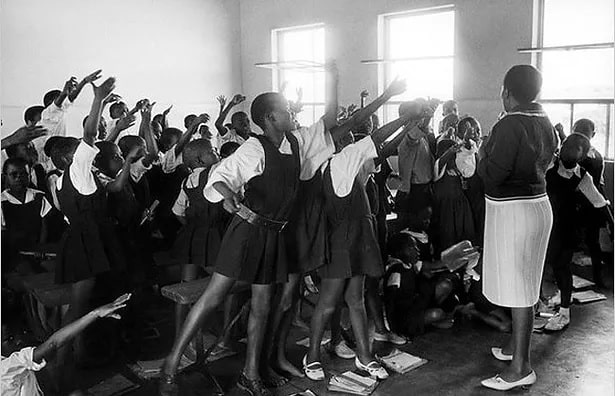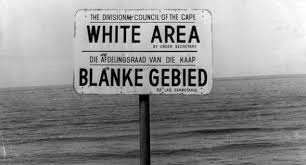10 Differences Between San and Khoikhoi: The San and Khoikhoi are two distinct groups indigenous to southern Africa, often collectively referred to as the...
The Black Consciousness Movement contributed to the liberation of South Africa through:
- Promoting Black Self-Esteem: It encouraged black South Africans to value their identity and heritage, fostering a sense of pride and self-worth.
- Mobilizing Youth and Students: Through organizations like SASO, the BCM galvanized young people, playing a key role in protests such as the 1976 Soweto Uprising.
- Influencing Other Movements: The philosophy and energy of the BCM revitalized broader anti-apartheid efforts, encouraging unity and resistance among various groups.
- Challenging Apartheid Legally and Socially: BCM activists openly criticized apartheid policies, leading to greater political engagement and social resistance.
- Creating Political Awareness: The movement educated and raised awareness among the black population about the injustices of apartheid, encouraging active participation in the struggle for freedom.
Promoting Black Self-Esteem
The Black Consciousness Movement (BCM) significantly influenced South Africa by instilling a sense of pride and self-worth among black South Africans. This empowerment was crucial as it helped individuals to reject the inferior status assigned to them by apartheid laws. The movement’s philosophy taught that black people could define their own identity and path forward, countering the psychological damage inflicted by systemic racism and segregation.
Mobilizing Youth and Students
One of the most impactful aspects of the Black Consciousness Movement was its ability to mobilize young people, particularly through organizations like the South African Students’ Organisation (SASO). The BCM’s focus on youth empowerment led to increased political activism among students, which was pivotal during events such as the 1976 Soweto Uprising. This uprising, sparked by protests against educational injustices, became a symbol of youth resistance in the fight against apartheid.
Influencing Other Movements
The philosophy and activism of the Black Consciousness Movement had a ripple effect across other anti-apartheid groups, rejuvenating the national struggle for liberation. The BCM’s emphasis on black unity and solidarity inspired broader collaboration and strategic planning among various resistance groups, thereby strengthening the overall anti-apartheid campaign.
- Strengthening Ideological Foundations – The BCM, led by Steve Biko, advocated for a mental shift among black South Africans—a shift from seeing themselves as victims to powerful agents of change. This psychological empowerment was crucial, as it provided a new ideological foundation for resistance. By promoting ideas that emphasized self-respect, self-reliance, and the rejection of white-imposed definitions of blackness, the BCM influenced other groups to adopt a more assertive stance against apartheid.
- Influencing Key Organizations – The philosophy of black consciousness quickly spread beyond the confines of strictly affiliated groups like SASO and found resonance with broader anti-apartheid movements. Organizations such as the African National Congress (ANC), although initially skeptical about the separatist elements of BCM (which focused exclusively on black leadership without multi-racial alliances), began to recognize the value in fostering a strong black identity as part of the struggle. This was particularly evident in the late 1970s and 1980s, as the ANC and other liberation movements began to incorporate elements of black consciousness into their own political messages and community mobilization efforts.
- Coordinating United Fronts – The BCM’s influence was instrumental in the formation of the United Democratic Front (UDF) in 1983, which was a coalition of various anti-apartheid organizations. While not a direct descendant of BCM, the UDF’s strategies and ideologies were heavily influenced by the groundwork laid by the BCM. The emphasis on black unity helped to create a more cohesive resistance strategy among various groups, which now saw the value in standing together under a united front against the apartheid regime.
- Encouraging International Solidarity – Internationally, the ideas promoted by the BCM helped to galvanize support for South Africa’s liberation struggle. By articulating the injustices of apartheid in terms of universal human rights and black dignity, the BCM made the South African struggle relatable to global audiences. This boosted international pressure on the apartheid government, leading to increased sanctions and diplomatic isolation.
- Legacy in Post-Apartheid South Africa – Even after the official end of apartheid, the influence of the BCM continued to shape South African politics and society. The emphasis on black empowerment and equality helped to inform post-apartheid policies aimed at redressing historical injustices and promoting socio-economic development among the previously marginalized black majority.
Challenging Apartheid Legally and Socially
Activists within the Black Consciousness Movement were key in publicly and legally challenging apartheid policies. By advocating for equality and justice through protests, speeches, and writings, they exposed the immorality and illegality of apartheid, both domestically and internationally. Their outspoken resistance laid the groundwork for subsequent legal battles and international sanctions against the South African government.
Creating Political Awareness
Finally, the Black Consciousness Movement played a vital role in educating and raising political awareness among the black population. Through community workshops, pamphlets, and informal gatherings, the BCM disseminated information about the rights of the oppressed and the mechanisms of apartheid. This education encouraged active and informed participation in the struggle for freedom, ensuring a sustained and knowledgeable resistance base.
In summary, the Black Consciousness Movement significantly contributed to the liberation of South Africa by empowering individuals, mobilizing youth, influencing other movements, challenging legal systems, and fostering political awareness. Its legacy is a testament to the power of collective consciousness in overcoming oppressive regimes.

